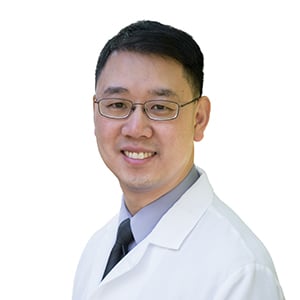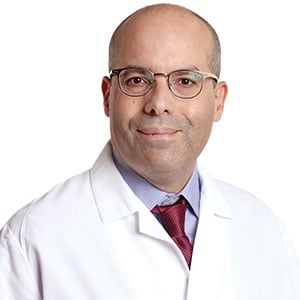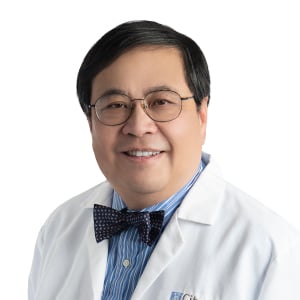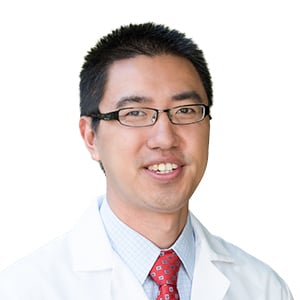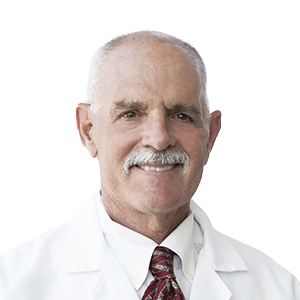Pancreatic Cancer
Pancreatic cancer develops when cells in the pancreas begin to grow uncontrollably. There are two types of pancreatic cancer tumors, exocrine and endocrine. Exocrine tumors are more common, while endocrine tumors are rare and make up less than 5% of pancreatic cancer.
Your pancreas is small, only about six inches long, but it plays a vital role in your digestive system, producing insulin to help regulate your blood sugar level and aiding in breaking down the foods you eat.
The pancreas is located deep within the body, making it difficult to detect early tumors during a routine physical exam. There are no reliable screening options for pancreatic cancer, so it tends to be diagnosed at later stages when cancer has grown and spread.
Our team can treat pancreatic cancer effectively with surgery in its early stages. However, surgery can still help relieve pain, restore function, and improve survival rates for patients with advanced pancreatic cancer.
As a National Cancer Institute-designated comprehensive cancer center, City of Hope’s pancreatic cancer program is uniquely positioned to provide personalized and comprehensive treatment plans, along with access to groundbreaking clinical trials.
Our pancreatic cancer research offers our patients access to promising therapies, surgical approaches and other clinical trials to improve survival rates and enhance the quality of life. For example, we are investigating PEGPH20, a drug that may disrupt pancreatic cancer cells' ability to fight off chemotherapy by creating a barrier around tumors.
When you come to City of Hope, you automatically gain access to an unparalleled array of support services to help you and your family cope with each challenge you come across in your pancreatic cancer journey.
City of Hope has one of the most experienced pancreatic cancer programs in the United States. For more than a decade, U.S. News & World Report has named City of Hope one of the top cancer hospitals in America.
Our Pancreatic Cancer Treatment Program Highlights:
- Minimally invasive, robotically assisted surgery and procedures, such as ablation and embolization
- Ultra-precise radiation therapy, including helical TomoTherapy
- Unique chemotherapy and targeted therapy regimens
- Targeted drug combinations for greater effectiveness and fewer side effects
- Pioneering drug research and clinical trials
- Palliative treatments to reduce symptoms and improve quality of life
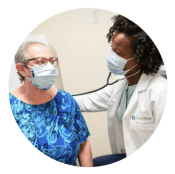
City of Hope is one of the few facilities designated a comprehensive cancer center by the National Cancer Institute.

Our developments in the areas of breakthrough cancer drugs, bone marrow transplants and CAR T cell therapy are recognized internationally.

Our leadership in research and innovation continually enhances our ability to provide novel and differentiated approaches to cancer care.
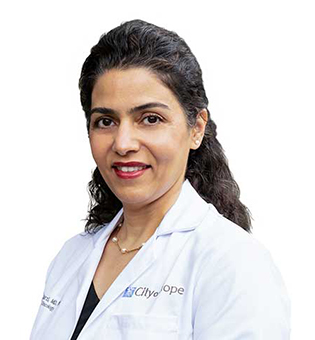
Afsaneh Barzi, M.D., Ph.D., is a medical oncologist at City of Hope.
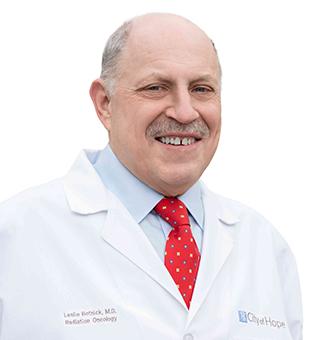
Leslie Botnick, M.D., now a radiation oncologist with City of Hope, helped bring about the significant advance of treating many breast cancer patients with lumpectomy plus radiation, instead of mastectomy.
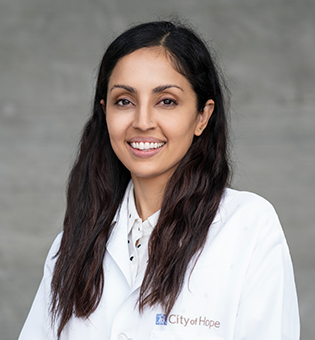
Gagandeep Brar, M.D. is an assistant clinical professor in the Department of Medical Oncology & Therapeutics Research.
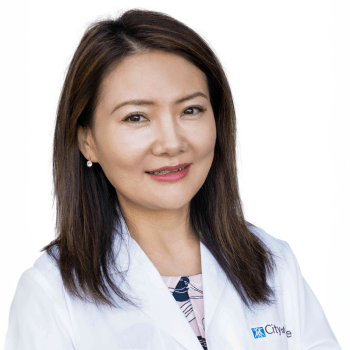
Dani Castillo,M.D. is an assistant clinical professor in the Department of Medical Oncology & Therapeutics Research.
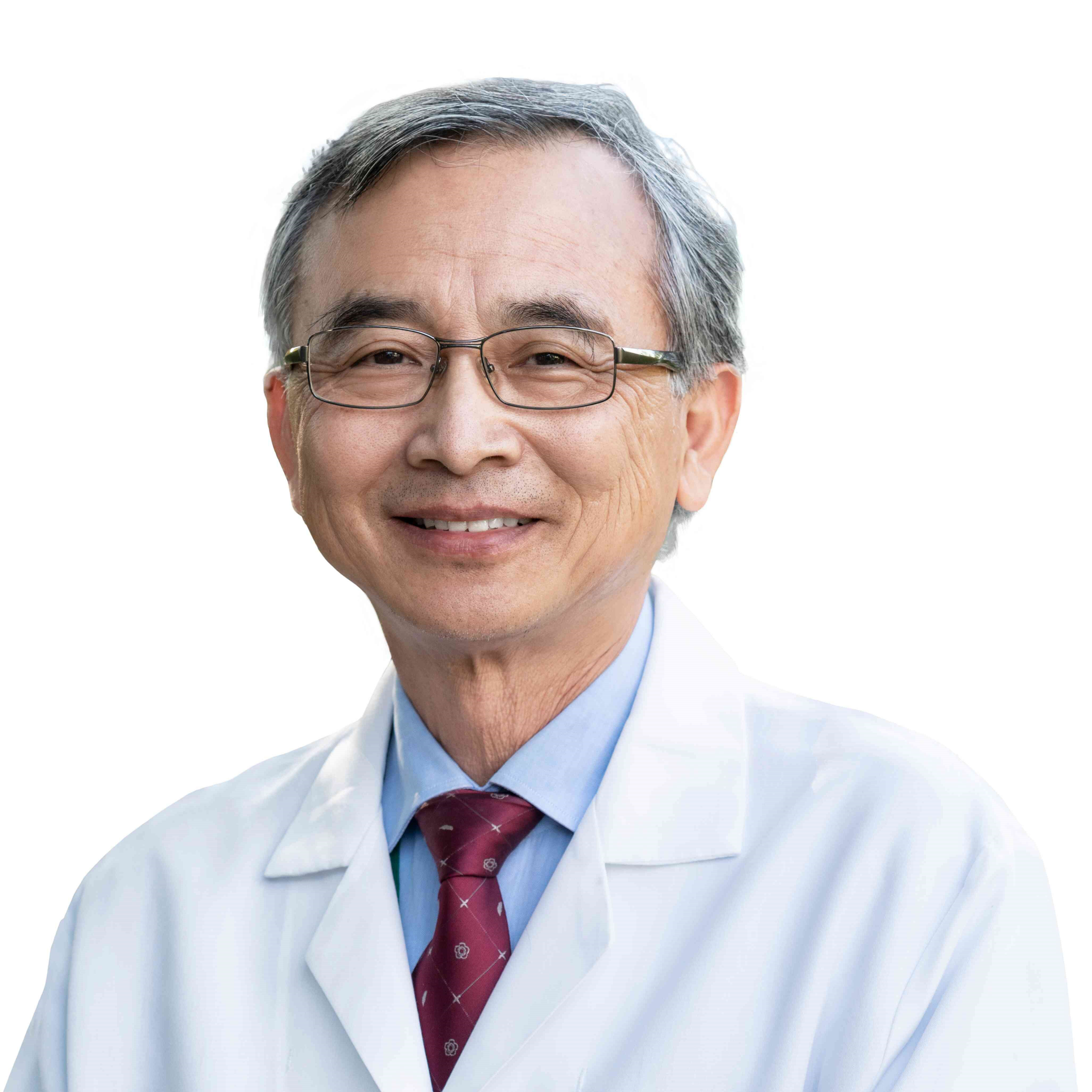
Yi-Jen Chen, M.D., Ph.D., is a radiation oncologist specializing in gastrointestinal cancers, gynecological cancers and esophageal cancers.

Helen Chen, M.D., is a radiation oncologist at City of Hope, South Pasadena in Los Angeles, Southern California.
Vincent Chung, M.D., is a medical oncologist specializing in pancreatic cancer and gastrointestinal cancers.
Marwan G. Fakih, M.D., is a medical oncologist specializing in gastrointestinal cancers.
Yuman Fong, M.D., is an internationally recognized expert in cancer of the liver, pancreas, gallbladder and bile ducts. He has led the research effort to employ genetically modified viruses to destroy cancer cells.
Daneng Li, M.D., is a medical oncologist specializing in geriatric oncology and treating gastrointestinal cancers.
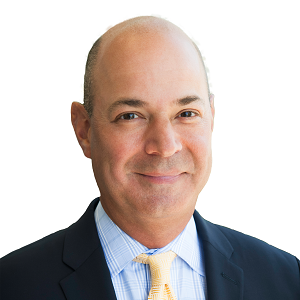
Moshe Faynsod, M.D., is surgical oncologist at City of Hope ǀ South Bay in Torrance, California.
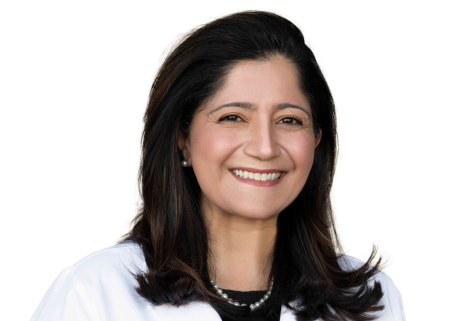
Laleh G. Melstrom, M.D., M.S., specializes in melanoma and pancreatic cancers.
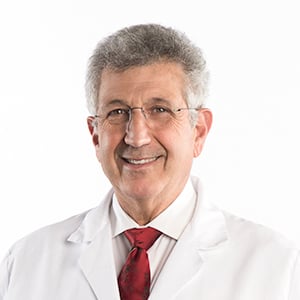
I. Benjamin Paz, M.D., is a nationally renowned surgical oncology surgeon, with expertise in breast cancer, gastrointestinal and rectal cancers, and tumors involving the bone and soft tissues.
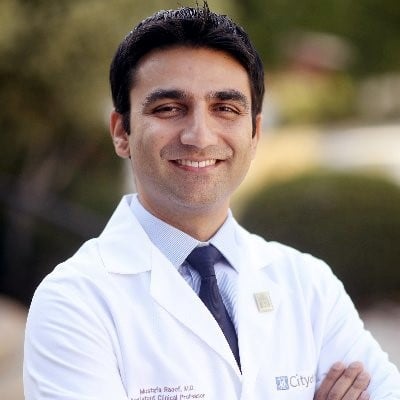
Mustafa Raoof, M.D., M.S., is a surgical oncologist and an assistant professor in the Department of Surgery and in the Department of Cancer Genetics and Epigenetics.
Lawrence Wagman, M.D., is a surgical oncologist at City of Hope | Upland.
Yanghee Woo, M.D., is director of the Gastroenterology Minimally Invasive Therapy Program.
No articles found matching the selected criteria.
